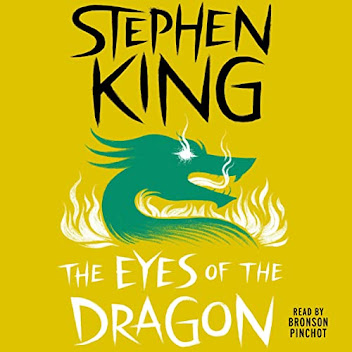A Separate Country by Robert Hicks
Tries too hard to set a mood, loses focus on the history.
Published in 2011 by Grand Central Publishing.
As a history teacher, I love well-written historical fiction. It places the reader right in the story. A judicious author can blend the history and the fiction together in a harmless fashion and tell the story in an accurate and entertaining way.
The author, Robert Hicks, is fascinated with Hood's performance at Nashville and Franklin, TN but almost completely ignores his other battles, which read like a roll call of the war itself: The Peninsula Campaign, 2nd Bull Run, Antietam, Fredericksburg, Gettysburg (Also, another historical inaccuracy - Hood never would have heard Lee apologize to the survivors of Pickett's Charge - Hood was in the infirmary trying to save his mangled arm), Chickamauga (where he lost his leg) and Atlanta.
The book is just tedious. The use of three points of view to tell the story guarantee us extended descriptions of the heat, humidity and the lush plant and insect communities of New Orleans. Page after page of descriptions of the plagues that strike New Orleans. Enough already!
This history teacher says pass on this one.
I rate this book 2 stars out of 5. It can be found on Amazon.com here: A Separate Country by Robert Hicks.
Reviewed on August 3, 2009.
A Separate Country does not live up to those standards. It it presumptuous of an author of historical fiction to take the first person with a very famous historical figure. Commonly, if a first person perspective is used it is with a fictional character - an aide to a general that witnesses events but does not effect them, for example. In this case, Hicks has taken one of the "name" generals from the Civil War and turned him on his head. He has sacrificed the "historical" in the name of the "fiction."
Hicks places John Bell Hood into a series of historic events, some of which are quite true (such as the lottery drawings - many Confederate ex-generals were lottery commissioners) and some of which are of dubious truth (Hood's fascination with the comatose Pascal, for example). A great deal of the book is supposed to be Hood's secret autobiography, but it reads more like a modern blog than a Victorian era journal.
 |
| Confederate General John Bell Hood (1831-1879) |
The problem is that Hood's real life story is subordinate to this fiction in the story. It is peopled with characters with symbolic names (for example, Pascal's name is like paschal - an Easter term referring to Jesus and his sacrifice). Hood becomes a part of a much larger morality play about race, love and sacrifice. He even works in a young Homer Plessy, of later Plessy vs. Ferguson claim.
The author, Robert Hicks, is fascinated with Hood's performance at Nashville and Franklin, TN but almost completely ignores his other battles, which read like a roll call of the war itself: The Peninsula Campaign, 2nd Bull Run, Antietam, Fredericksburg, Gettysburg (Also, another historical inaccuracy - Hood never would have heard Lee apologize to the survivors of Pickett's Charge - Hood was in the infirmary trying to save his mangled arm), Chickamauga (where he lost his leg) and Atlanta.
The book is just tedious. The use of three points of view to tell the story guarantee us extended descriptions of the heat, humidity and the lush plant and insect communities of New Orleans. Page after page of descriptions of the plagues that strike New Orleans. Enough already!
This history teacher says pass on this one.
I rate this book 2 stars out of 5. It can be found on Amazon.com here: A Separate Country by Robert Hicks.
Reviewed on August 3, 2009.











Comments
Post a Comment